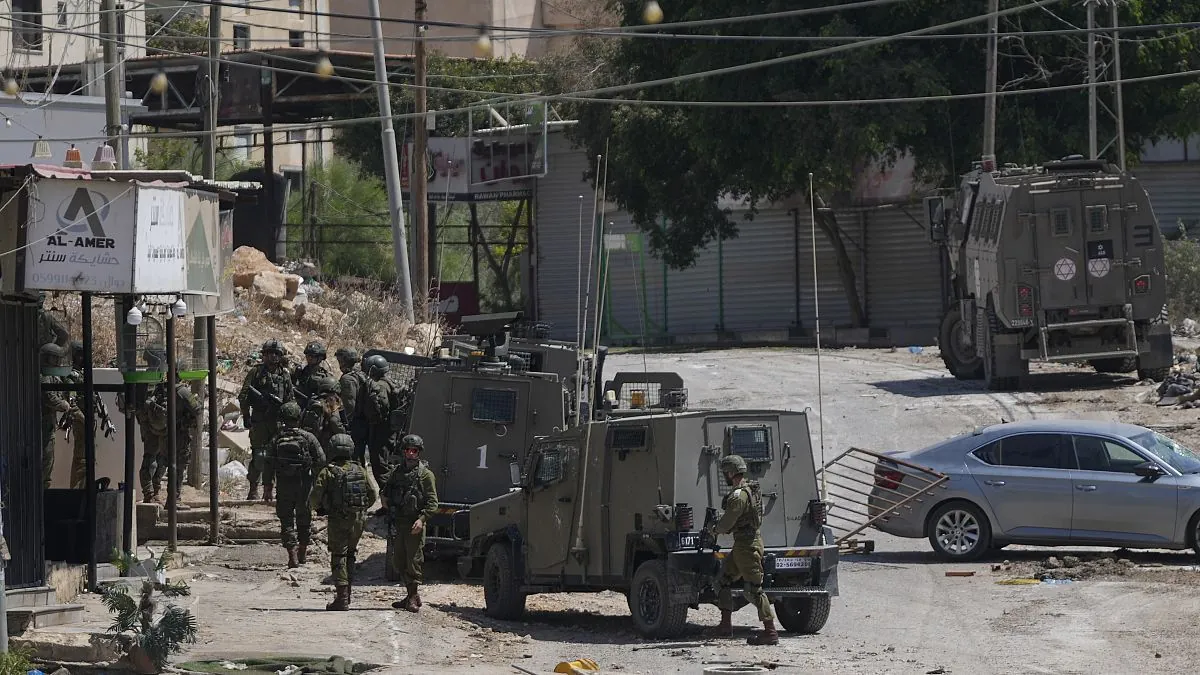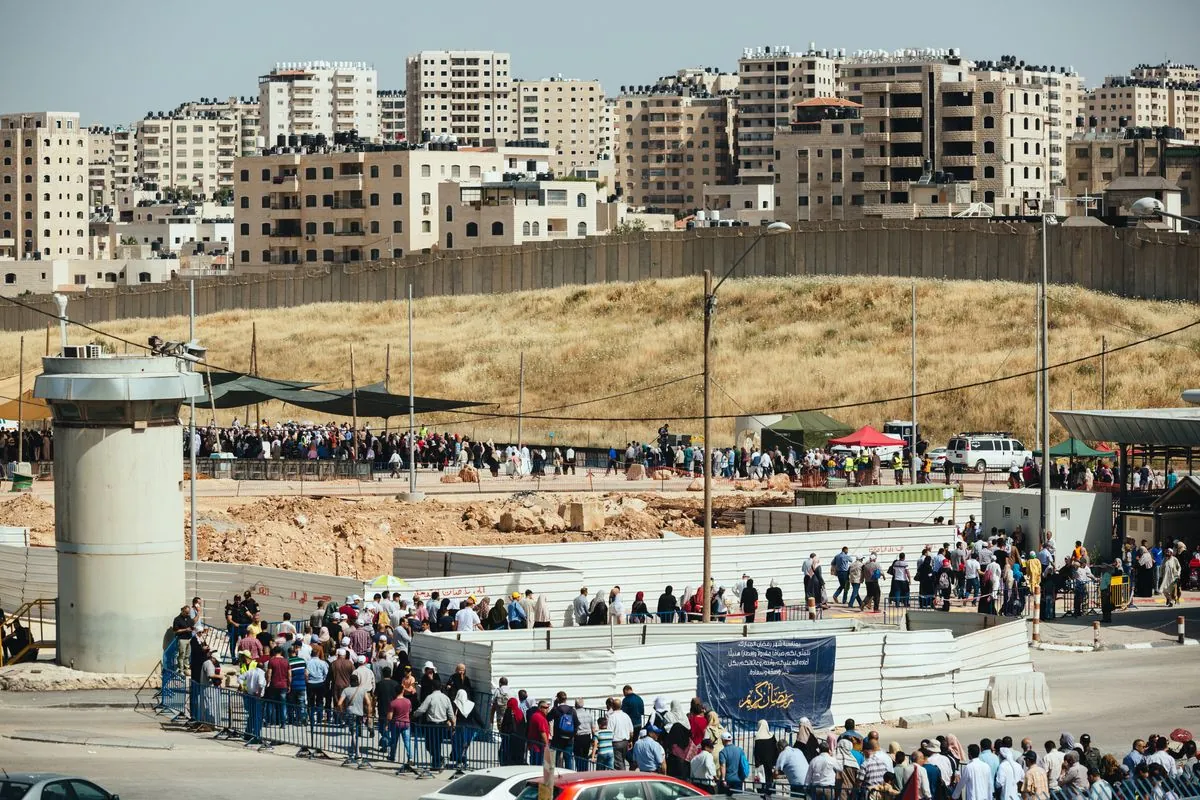Global Roundup: West Bank Raids, Press Freedom, and Climate Rulings
Israel continues military operation in West Bank, Hong Kong convicts journalists, Namibia faces food crisis, and South Korea's court demands stronger climate action. Spain's Tomatina festival adds a splash of color.

In a series of global developments, Israel's military operation in the West Bank has entered its second day, raising concerns about regional stability. The operation, which began on 2024-08-28, has resulted in multiple casualties, including alleged militants.

The Israel Defense Forces (IDF) reported the deaths of five individuals, including Mohammed Jaber, a commander of the Palestinian Islamic Jihad's local branch. The IDF claims Jaber was involved in numerous attacks, including the murder of an Israeli civilian in June. This operation is part of Israel's efforts to counter what it terms "Islamic-Iranian terrorist infrastructure" in the region.
"This is a Gaza-style operation meant to root out Islamic-Iranian terrorist infrastructure."
The United Nations has expressed deep concern over the raids, with Secretary-General António Guterres calling for an immediate end to all operations. Since October 7, 2023, more than 600 Palestinians have been killed in the West Bank, according to UN reports.
In Hong Kong, press freedom concerns have escalated following the conviction of two journalists on sedition charges. Chung Pui-kuen and Patrick Lam, former editors at Stand News, face up to two years in prison for publishing articles about pro-democracy activists. This landmark case marks the first sedition trial involving a media organization since Hong Kong's return to Chinese rule in 1997.
Namibia, facing its worst drought in a century, has authorized the culling of over 700 animals to address acute food insecurity affecting nearly half its population. The country declared a state of emergency in May 2024, with over 1 million people struggling to obtain food and water. This crisis is largely attributed to the record-breaking El Niño event, which has caused extreme weather conditions across Africa.
In a significant legal development, South Korea's Constitutional Court has ruled that the country's climate change measures are insufficient to protect basic human rights. This landmark decision, the first of its kind in Asia, could set a precedent for the region. The court ordered amendments to the 2010 Carbon Neutral Act by February 28, 2025, to specify carbon emission reduction targets for 2031 to 2050.
On a lighter note, the streets of Buñol, Spain, were awash with red as the annual Tomatina festival took place. Approximately 22,000 participants engaged in a tomato-throwing frenzy, continuing a tradition that began in 1945. The festival, briefly outlawed during Francisco Franco's dictatorship, has since become a popular tourist attraction.
These events highlight the complex interplay of security concerns, press freedom, climate change, and cultural traditions shaping our global landscape.


































